In a dramatic move on Monday, Manhattan District Attorney Alvin Bragg began presenting evidence against Donald Trump before a newly empaneled grand jury.
The crime they are looking into? Trump’s alleged part in hush money payments to porn star Stephanie Clifford aka Stormy Daniels in the run up to the 2016 campaign.
Wait, hang on, that case?
The one that Merrick Garland let expire, and which had the hands of shady lawyers like Michael Cohen and Michael Avenatti all over it? That one?
If your instincts are like mine, this move by Bragg raises as many doubts as it does hopes.
I have questions for him, as many Americans likely do, including the following:
- Why raise this case now, after sitting on it for so long?
- How does this not look like a “political witch hunt”?
- What about Trump’s defenses, including the time bar to charge Trump?
Given that Bragg isn’t likely to answer these for us, let’s take a look at what’s going on behind the scenes and draw some early informed opinions.
Why now, Bragg?
This was a good case to bring if it were still 2018, or even 2021 after Trump had lost the election, left the White House, and could be indicted for crimes. After all, Trump’s fixer Michael Cohen served time for his part in it, pleading guilty to federal campaign finance charges.
He threw his former boss under the bus then, claiming that the hush money payout was done “in coordination with, and at the direction of” Trump. But surprise, surprise, the Justice Department’s New York office, which we know now was filled with Trump loyalists and at least one future Russian agent, didn’t bring any charges against Trump.
And that was just fine with Bill Barr.
But then, neither did Attorney General Merrick Garland in 2021 or the Manhattan DA at the time, Cy Vance. Cohen’s word alone, some argued, wasn’t strong enough to tie Trump to having knowingly violated the law, and there were likely bigger charges to consider, including inciting insurrection, overturning an election, and committing financial fraud on a massive scale.
A hush money payment of $130,000 made five years ago to a porn star? That just didn’t feel very important, and it still doesn’t, honestly.
So what has changed?
There are varying viewpoints on this. The most charitable ones suggest that there may be new evidence, perhaps in the form of more cooperative witnesses like David Pecker—yes, that’s really his name—the former publisher of The National Enquirer —the publication which helped broker the payment with Stormy Daniels.
Pecker apparently went before the grand jury yesterday in Manhattan. If Pecker has gone soft on Trump—sorry, couldn’t resist…—then perhaps there is a case to be made.
Other witnesses who were part of the Trump Campaign may also be able to corroborate Cohen’s account putting Trump at the top of this scheme.
Another possibility is that this case could lead former Trump Organization CFO Allen Weisselberg to face additional legal peril, due to his improper accounting of the hush money payment as a “legal expense” paid to Michael Cohen.
That could amount to falsification of business records, a crime in New York state that could turn Weisselberg’s current minimal jail sentence into possible years behind bars.
For law nerds, yes, falsification of business records is a misdemeanor, but in New York it can become a felony if it was done to commit or conceal a bigger crime, in this case federal election violations.
After all, had the Trump Campaign been honest, that payment would have raised alarm bells at the time, and the whole affair with Daniels that Trump was trying to conceal from the press would have been known to the voters well before the election.
The question that the courts still have to answer in Bragg’s case is whether the bigger crime a defendant was trying to commit or conceal can be a federal rather than a state crime.
Less charitable viewpoints of Bragg’s timing have pointed out the political realities for Bragg.
After he began to back away from leveling charges against Trump for false financial disclosures, leading two veteran members of his prosecutorial team to very publicly quit, Bragg came under intense fire for being a coward when it came to Trump.
Bragg protested the investigation was still underway, but he had effectively backburnered it while seeking and ultimately obtaining guilty sentences against the Trump Organization and its CFO, Allen Weisselberg, for tax fraud.
That result likely emboldened Bragg and his office, and they now have greater confidence they can go after the boss and win.
Bragg is also facing reelection in 2024, and one of those veteran prosecutors who quit his case is coming out with a book that will likely be extremely critical of Bragg. He may be acting preemptively to shore up his image before the voters and blunt the criticism that will inevitably flow from that publication.
There are still other considerations.
Any day now, it seems District Attorney Fani Willis will be rendering charging decisions in her case down in Fulton County, Georgia, in a much more serious and sweeping alleged conspiracy by the Trump Campaign to interfere with the 2020 election in Georgia.
That kind of news will likely eclipse anything Bragg does around hush money payments from seven years ago. If that news drops soon, at least Bragg would have been able to get in a “me, too!” move just ahead of it.
How is this not a political “witch hunt”?
Whatever reasons Bragg has for moving now, it will be hard for him to avoid criticism that it is politics, not the law, facts, and evidence, that primarily drives his decision making. That is an unfortunate reality, and the right and much of middle America will inevitably view the prosecution as politically motivated.
For starters, it is based on news that is nearly seven years old.
When you wait that long—after Trump has announced his candidacy, to boot—it casts doubt upon your motives. If Bragg has no new evidence, it looks particularly bad. And if he does have new evidence, he’ll have to explain why it took so long to get it.
If his excuse is he was proceeding cautiously, that only reinforces the notion he is a legal wuss when it comes to Trump himself and only decided to move after it was clear others such as Fani Willis would be moving on Trump, too.
In short, Bragg will need to explain to a skeptical public why his timing, prevarications, and his stops and starts around this and other matters make any sense at all. His answers may not go very far toward dampening the criticism.
All that said, if there is a case against Trump and his cronies for felony falsification of business records around the Stormy Daniels matter, then it should be brought, however tardy.
But it may soon become just one among many criminal cases pending against Trump as he faces potential federal espionage and document theft charges, conspiracy and fraud charges over January 6, state election interference charges in Georgia, and possible further financial disclosure or tax fraud allegations in New York.
But hang on, hasn’t the statute of limitations run?
Whenever a case arises from the dead and feels inherently stale, the first question anyone logically should ask is whether it is time barred.
After all, if the checks made by Michael Cohen to Stormy Daniels, purportedly at Trump’s direction, were dated from 2016, how can Bragg even get out the gate with this case?
Trump supporters openly and gleefully scoffed at the move, citing the statute of limitations, which certainly has run for Merrick Garland. So why not for Alvin Bragg?
A bit of digging reveals an intriguing response.
As legal commentator Lisa Rubin smartly pointed out, under New York law, if a defendant moves out of the state on a permanent basis for any length of time, that time is not counted toward the accumulated time on a possible criminal case against him.
In legal parlance, the statute is “tolled”—i.e., halted—during his time permanently away.
Welp. This is precisely what Trump did in 2019, moving to Florida permanently that year, likely in order to avoid New York taxes.
So Bragg has a good argument that, for the past three years, the statute has not been running and that he can still bring a case against Trump for illegally categorized hush money payments without running afoul of the statute of limitations.

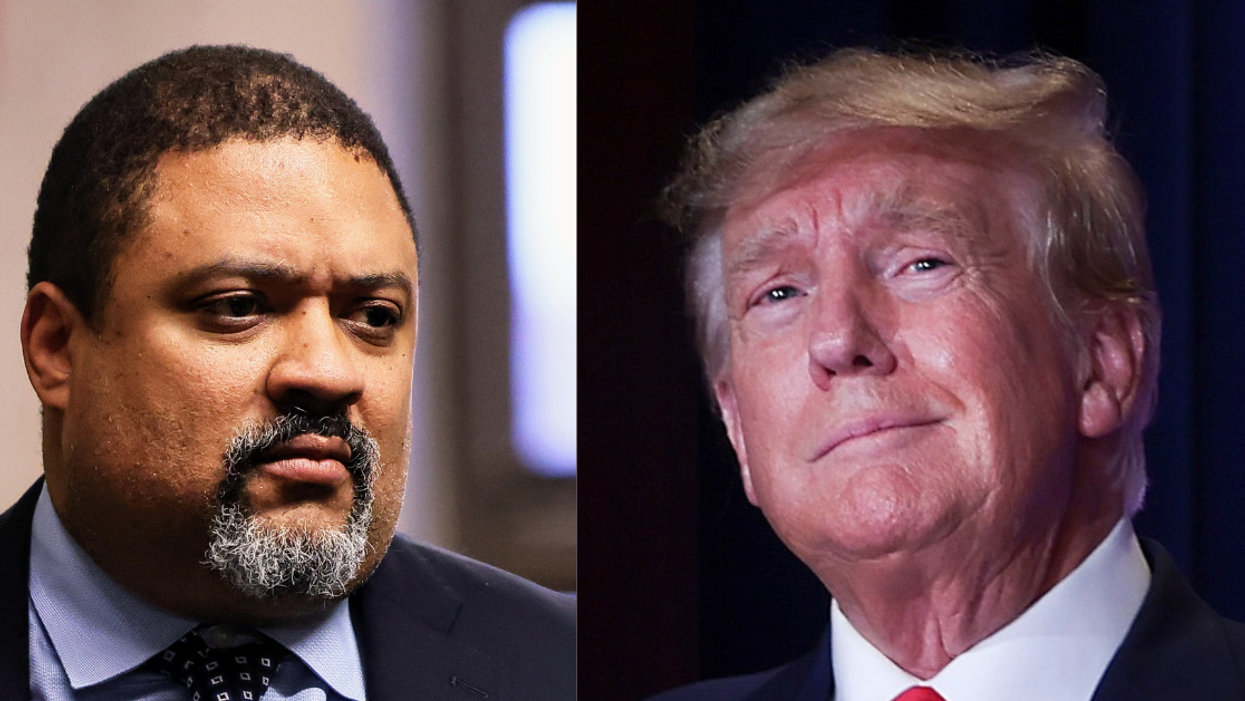
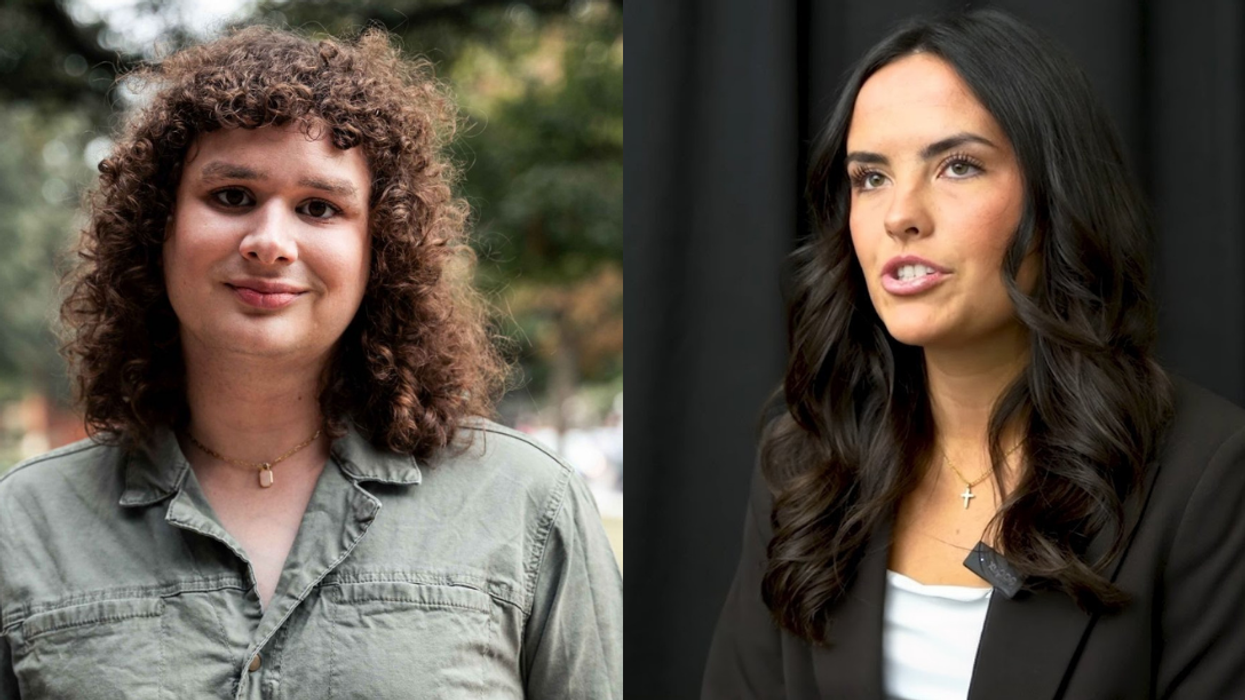

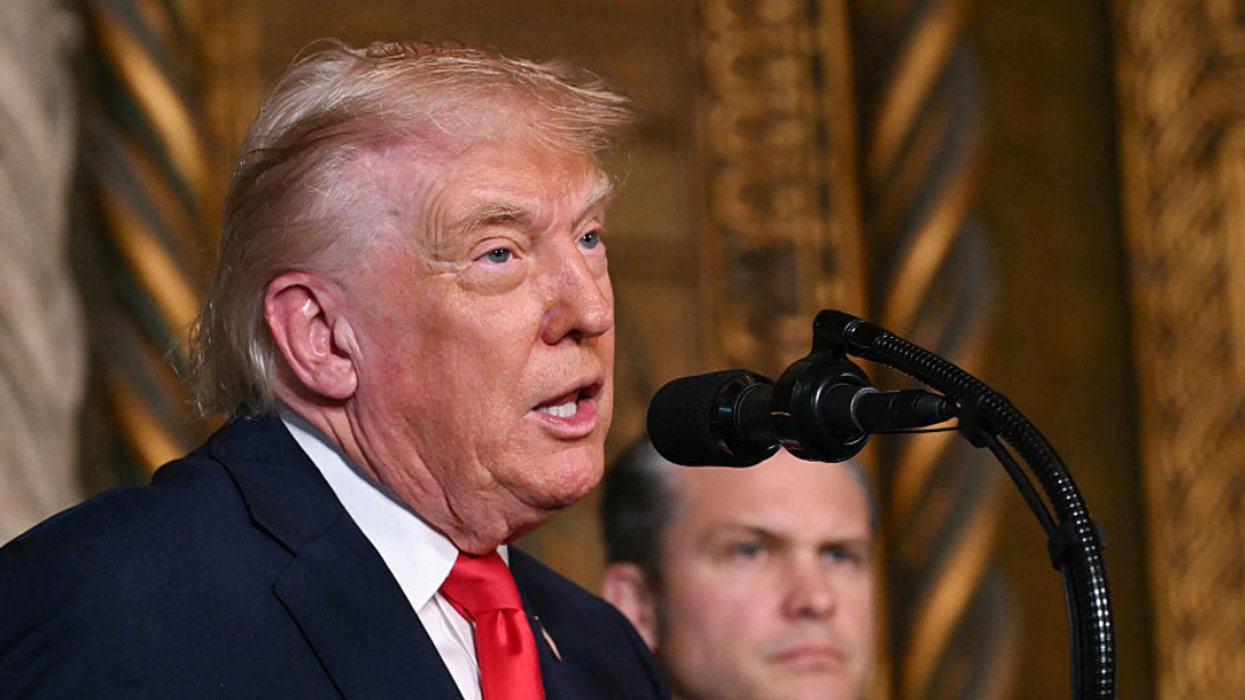

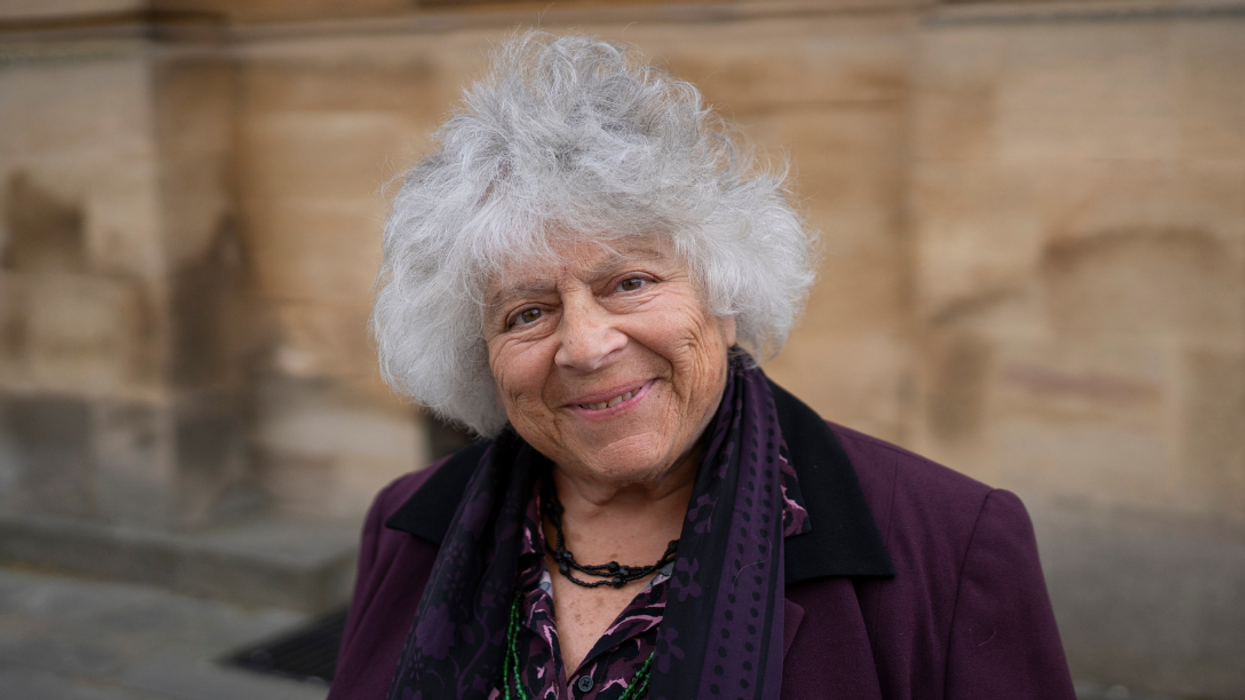
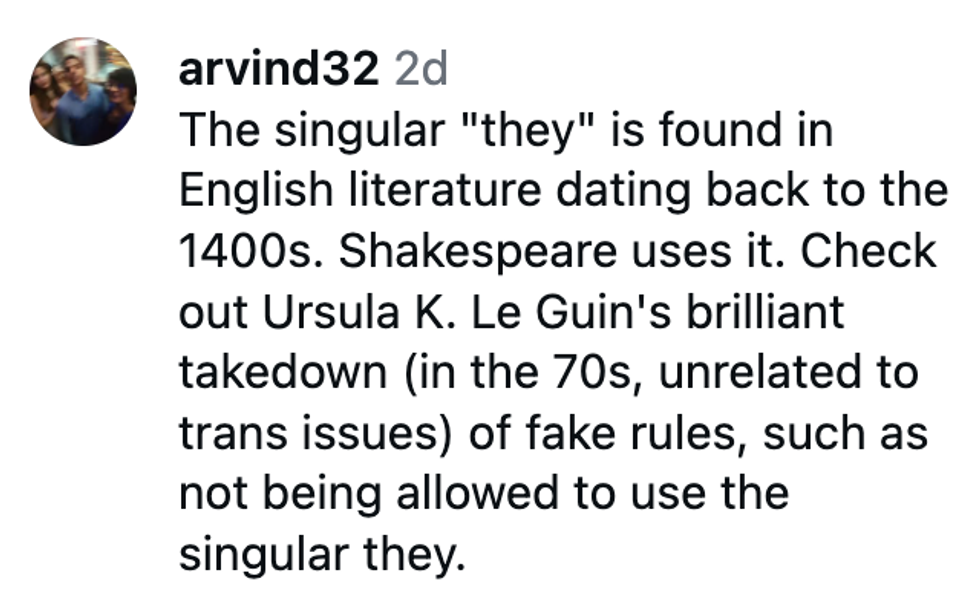
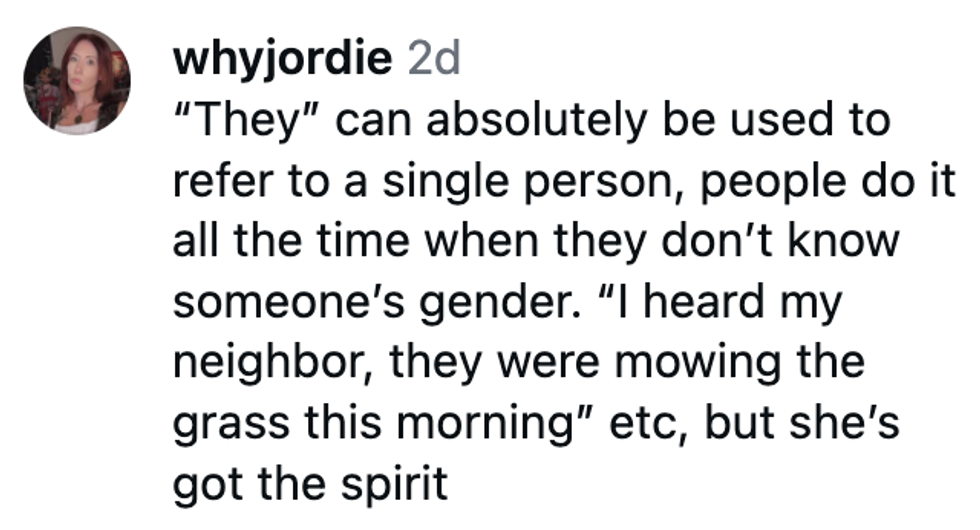

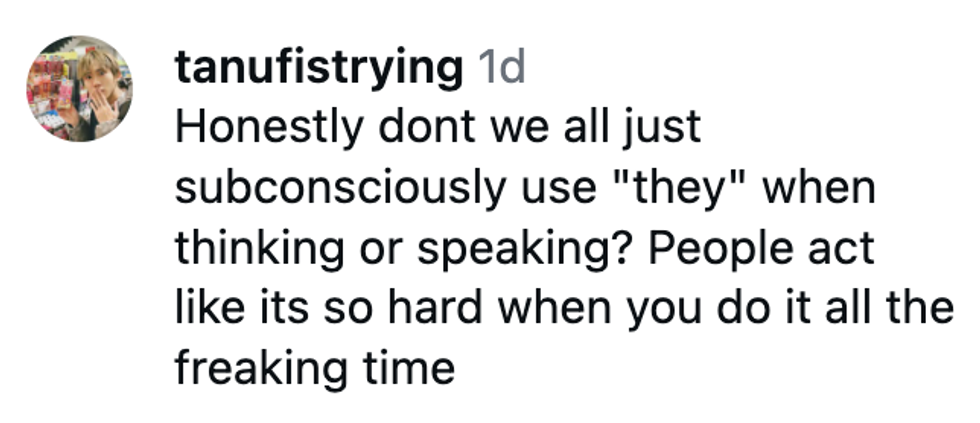
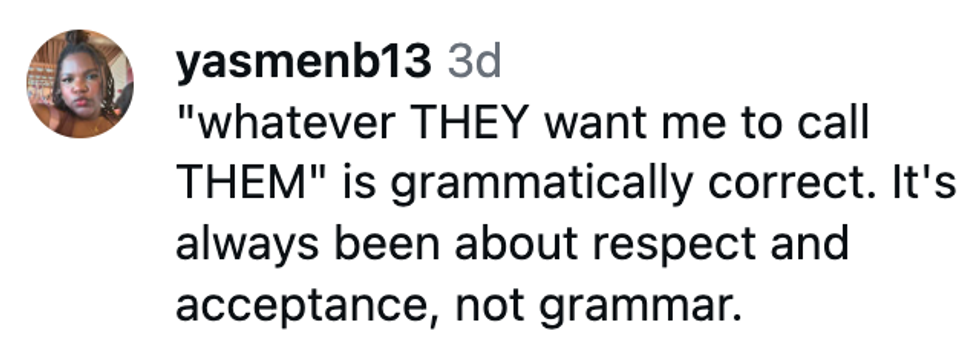

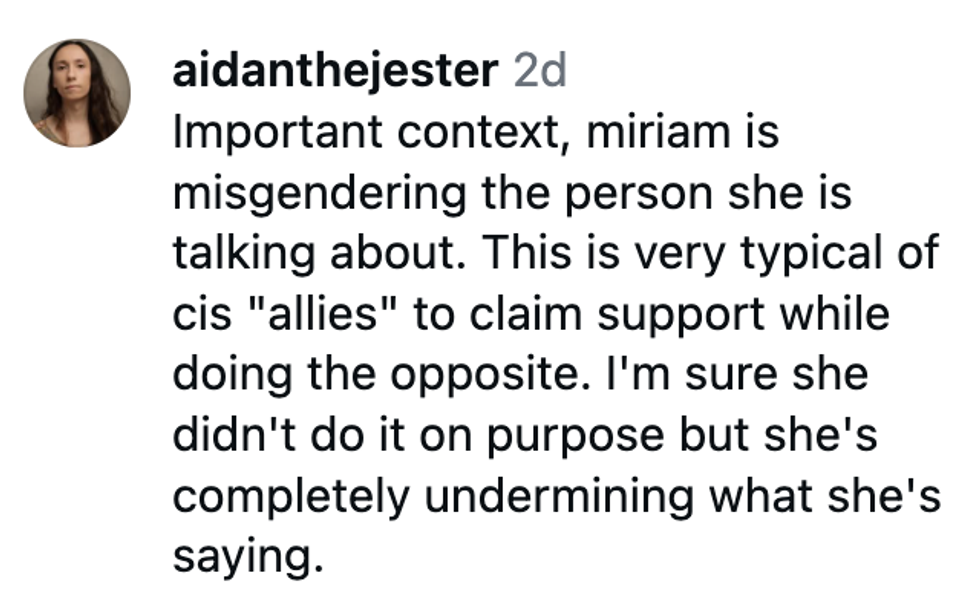







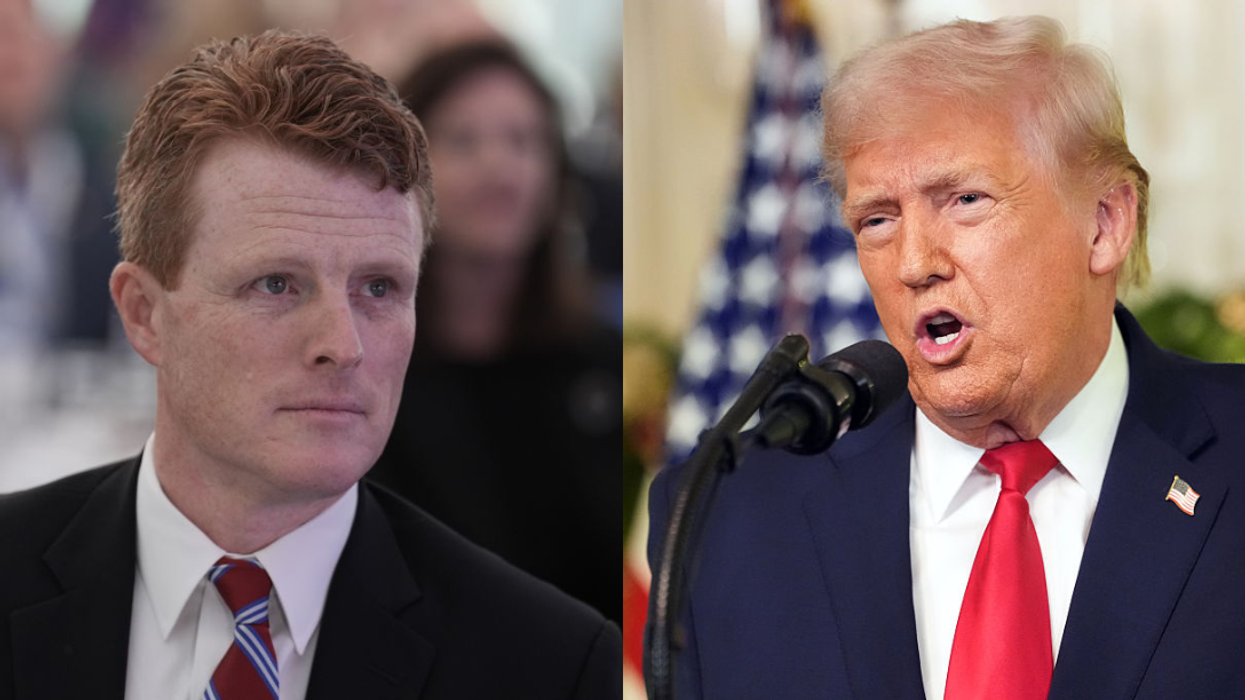
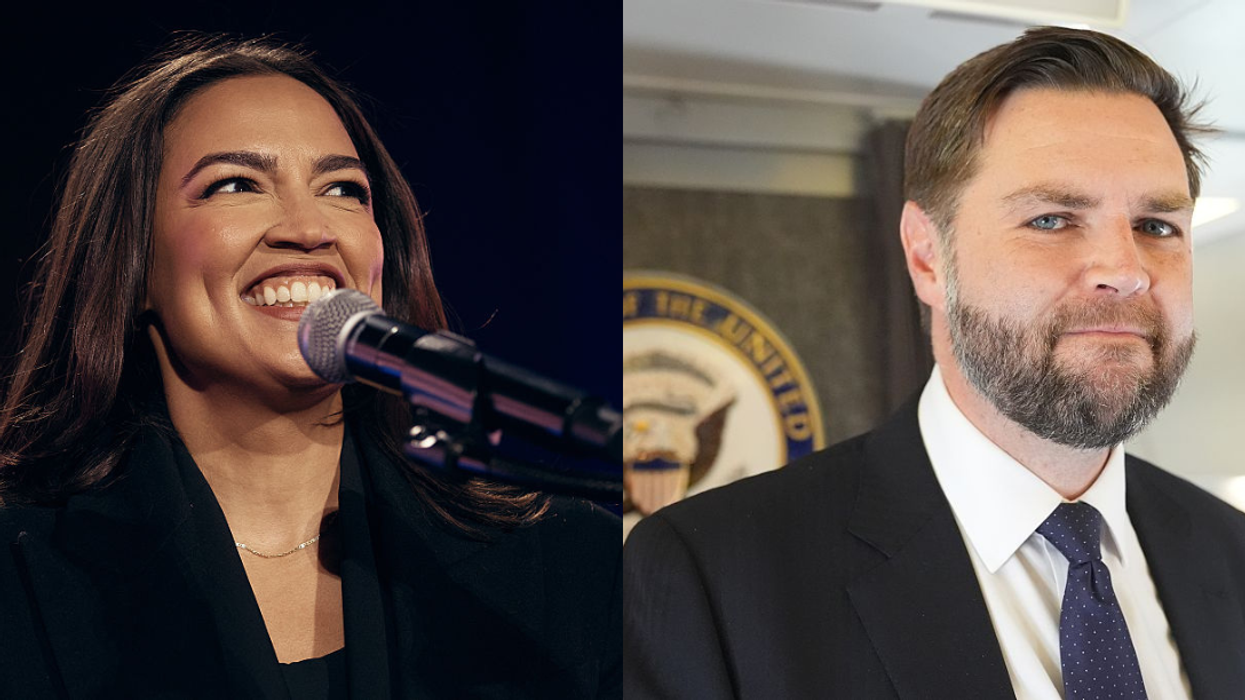
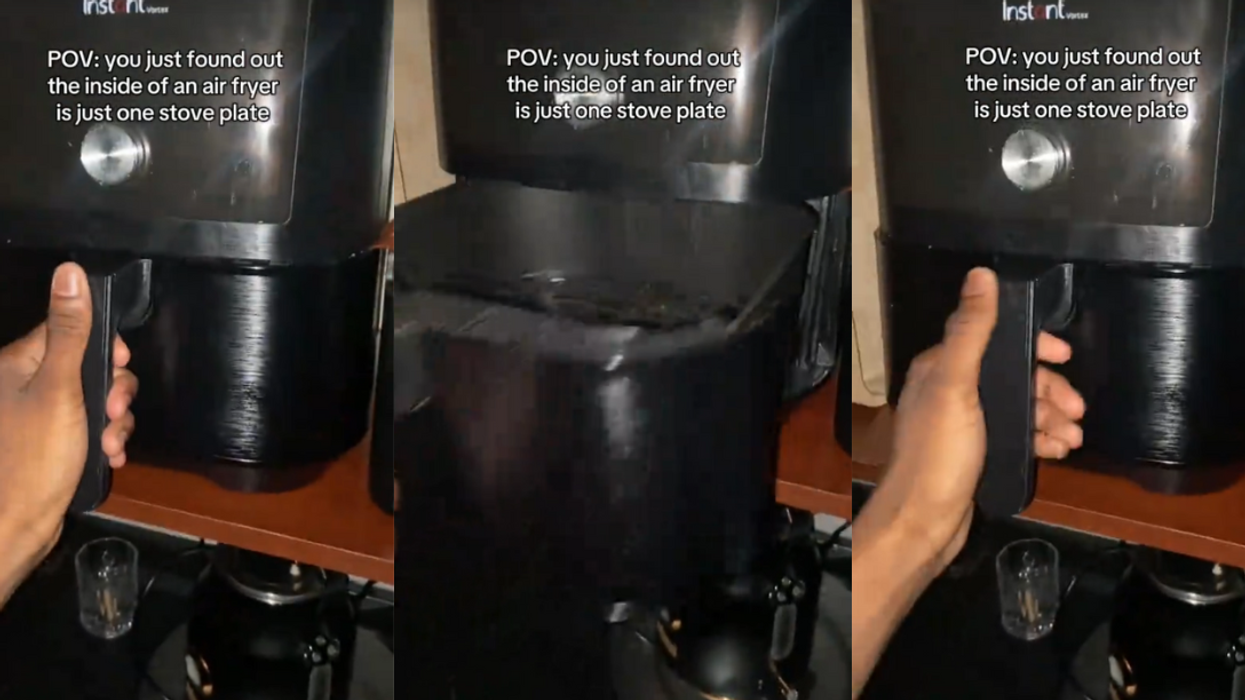
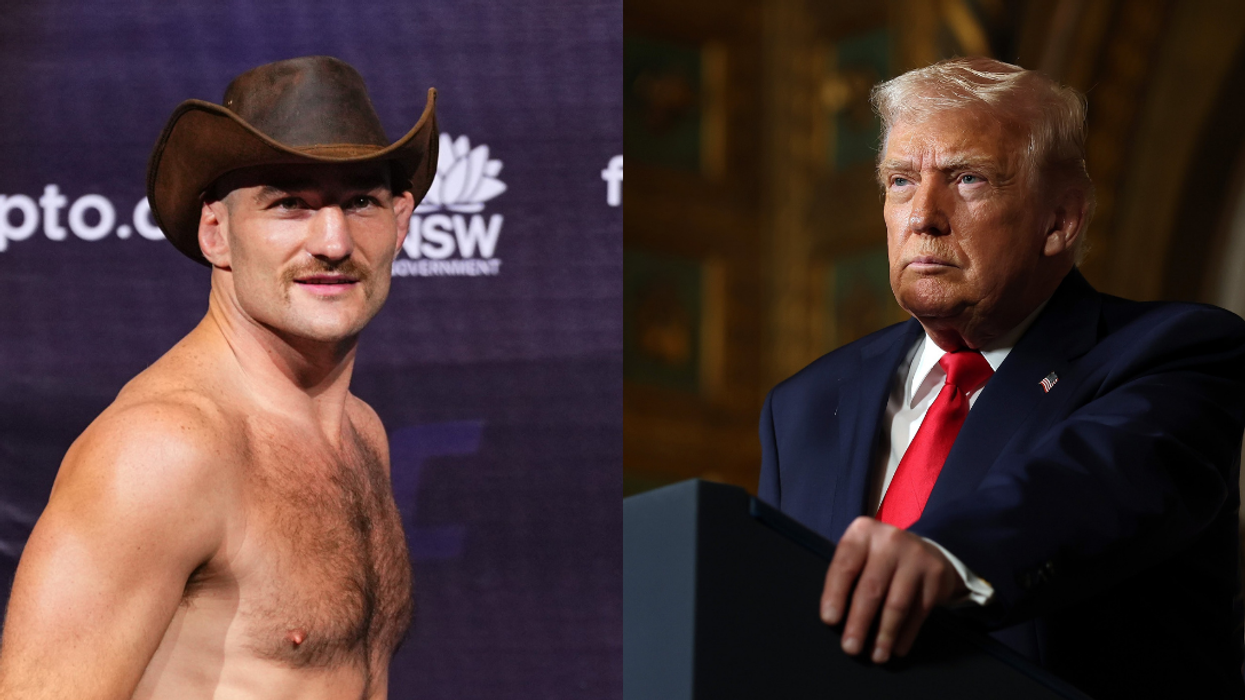
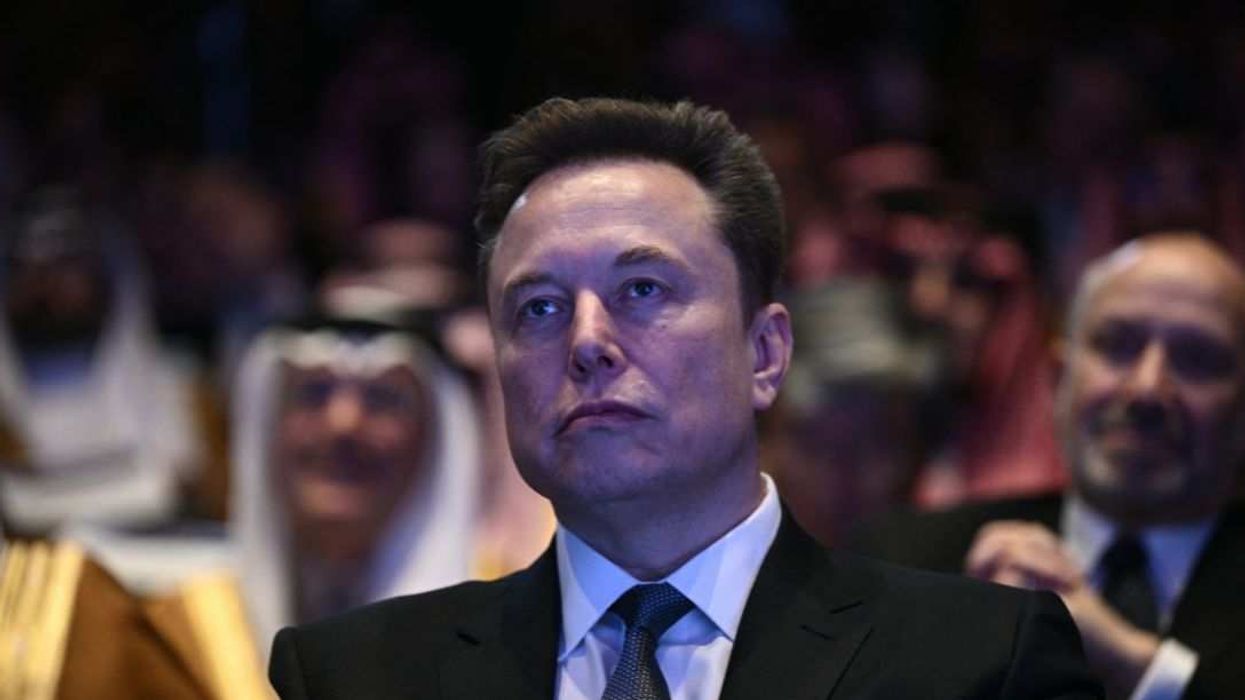
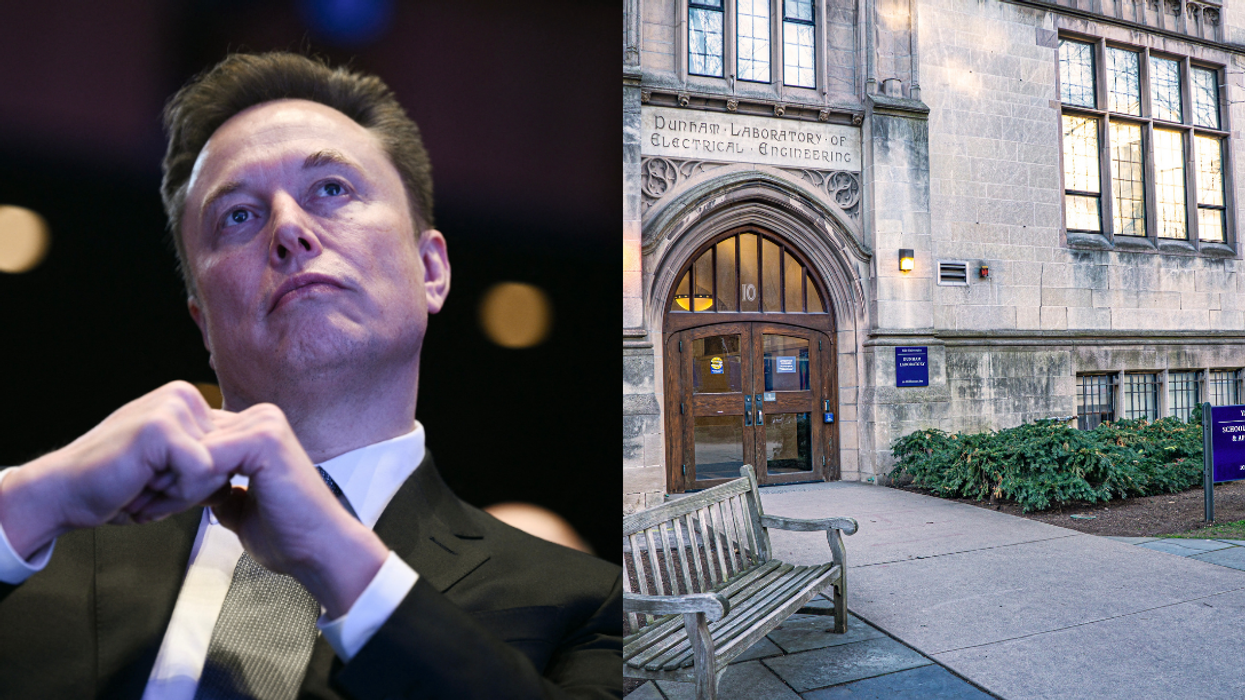
 replying to @elonmusk/X
replying to @elonmusk/X replying to @elonmusk/X
replying to @elonmusk/X replying to @elonmusk/X
replying to @elonmusk/X replying to @elonmusk/X
replying to @elonmusk/X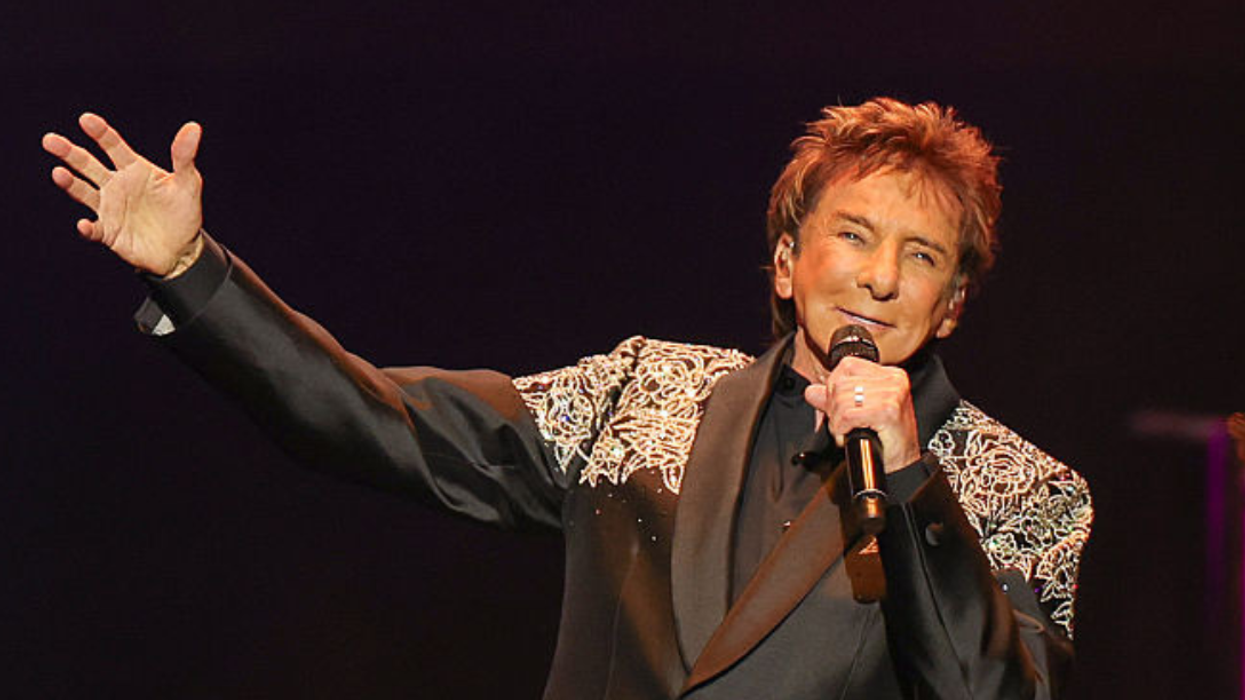
 Barry Manilow/Facebook
Barry Manilow/Facebook Barry Manilow/Facebook
Barry Manilow/Facebook Barry Manilow/Facebook
Barry Manilow/Facebook Barry Manilow/Facebook
Barry Manilow/Facebook Barry Manilow/Facebook
Barry Manilow/Facebook Barry Manilow/Facebook
Barry Manilow/Facebook Barry Manilow/Facebook
Barry Manilow/Facebook Barry Manilow/Facebook
Barry Manilow/Facebook Barry Manilow/Facebook
Barry Manilow/Facebook Barry Manilow/Facebook
Barry Manilow/Facebook Barry Manilow/Facebook
Barry Manilow/Facebook